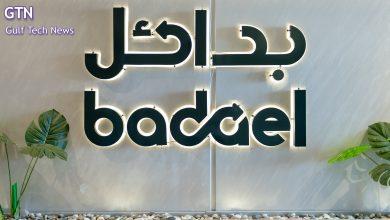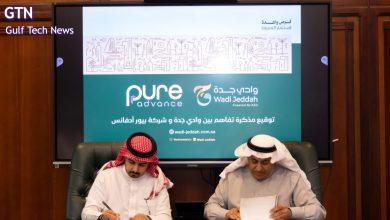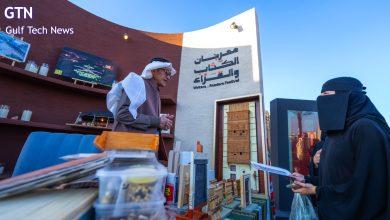Arabic-First Voice Assistants Reshaping Daily Life in UAE and KSA, Says Survey

New Research Shows 85% of Residents Have Used Voice Assistants, with Growing Demand for Authentic Arabic Experiences
A new study commissioned by Amazon Alexa reveals that voice assistants are becoming an integral part of daily life in the Kingdom of Saudi Arabia (KSA) and the UAE. The survey, which highlights the widespread adoption and cultural integration of the technology, found that 85% of surveyed residents in both countries have used a voice assistant, with 43% using them regularly.
Driven by National AI Strategies and Authentic Language
The study found a strong correlation between the use of voice technology and national AI strategies. 74% of respondents are familiar with their country’s National AI strategy, indicating that government-led visions are influencing the adoption of emerging technologies in daily life.
With local language as a key driver of adoption, 65% of respondents stated they prefer using Arabic as their main language for voice assistants, with Khaleeji Arabic emerging as the most preferred dialect. Over half (56%) emphasized the importance of voice assistants that can understand and speak regional accents and understand local expressions.
Bridging Generational and Cultural Gaps
The findings also highlight the role of Arabic voice assistants in bridging generational and cultural gaps:
- Language Preservation: Half (50%) of respondents believe that Arabic voice assistants help younger family members maintain or improve their Arabic language skills.
- Encouraging Tech Adoption: Nearly half (48%) indicated that voice assistants encourage older family members to engage with technology more confidently.
“We’re humbled by these survey results.” said Dr. Raf Fatani, Regional General Manager, Alexa MENA. “Seeing that the findings show how quickly voice technology is becoming a part of everyday life in Saudi Arabia and the UAE and, is a testament to the hard work of our local teams.
It reinforces our belief that by focusing on things like authentic Arabic dialects and cultural context, we’re building a product that truly belongs in people’s homes.”
While information-seeking remains the most common use (42%), the survey noted growing demand for a range of personalized Arabic-first experiences, including educational content (39%), integration with local services (33%), smart home controls, and religious support.





